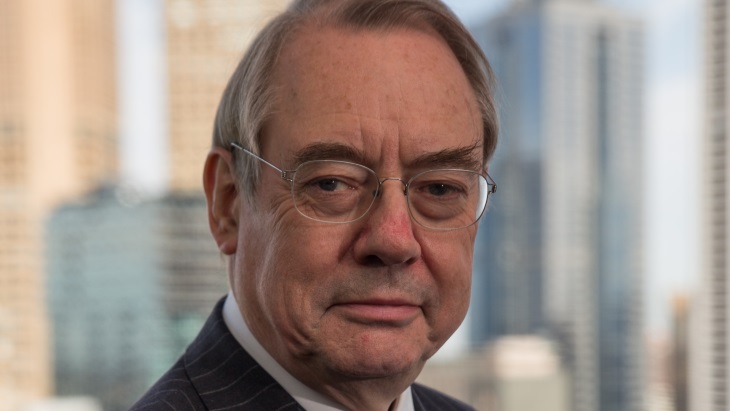The RAB model - seen as a way of paying for a planned new power station at Sizewell in Suffolk - would reduce the cost of new nuclear power plant projects by having consumers pay upfront through their energy bills. A solution is needed urgently because nuclear energy, as a low-carbon source of electricity, is a vital part of the UK's commitment to cutting its carbon emissions to net zero by 2050. Seven of eight existing nuclear plants, which provide about 20% of the country’s electricity, will be retired by 2030.
In a letter to Chancellor of the Exchequer Rishi Sunak, which NIA published today, the London-based organisation's chairman, Dr Tim Stone, wrote: "To enable the investment required for large-scale electricity infrastructure, there is an urgent need for the introduction of a new, robust financing mechanism which ensures investor confidence, reduces the cost of capital, and provides very significant value to the consumer. The timing of the implementation of such a financing model is critical in ensuring the stability of the UK nuclear supply chain and workforce, and in delivering value for money to the national economy." He added: "Without the right policy framework and investment model in legislation, then replacing this capacity and underpinning our future power needs becomes impossible to achieve."
The country's sole new build project - Hinkley Point C (HPC) in Somerset - is being funded by the French utility EDF and its partner in the project, China General Nuclear Power Corp, with a contract-for-difference (CfD) already agreed with the previous UK government to provide long-term price stability for the generator once the plant begins generating (but leaving construction and operating risk with the investors). The RAB model would not apply to HPC, but to future plants, of which as many as five had been planned - by EDF Energy together with China General Nuclear; NuGeneration; and Horizon Nuclear Power.
Stone wrote: "The business case for the Sizewell C project, for example, is dependent on the transfer of operations in a timely fashion from Hinkley Point C. The Horizon site Wylfa Newydd, which was suspended in January 2019, also depends on a more favourable financial model than the CfD arrangements if it is to restart, for which it has retained capacity.
"The NIA therefore requests that the government responds to the RAB model consultation and works with the industry on developing a robust financing model that will help to deliver on key pillars of the Nuclear Sector Deal and that new financing model is in place before the end of 2020."
In July 2019, the UK become the first major economy in the world to pass laws to end its contribution to global warming by 2050, but the country will not achieve that goal without nuclear power, Stone wrote. The National Infrastructure Commission's (NIC) advice that the UK needed to build only one more large-scale nuclear power station after HPC is thus "fundamentally flawed", he wrote, "not least because the assessment takes no account of the now legislated net-zero commitment".
In July 2018, the NIC said that the government should not agree support for more than one nuclear power plant beyond HPC before 2025.







_15863.jpg)







